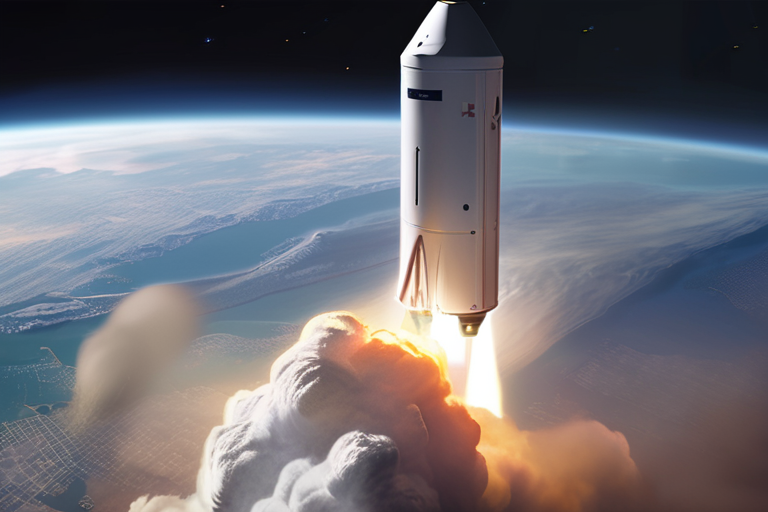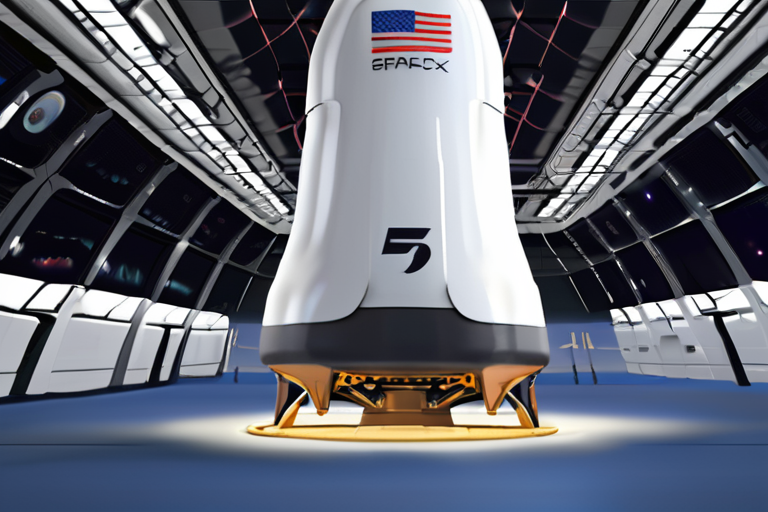Elon Musk's SpaceX Took Money Directly From Chinese Investors, Company Insider Testifies
In a bombshell revelation, previously sealed testimony from a SpaceX insider has revealed that the privately held company took money directly from Chinese investors, raising new questions about foreign ownership interests in one of the United States' most important military contractors.
According to the testimony, obtained by ProPublica, Iqbaljit Kahlon, a major SpaceX investor, disclosed in a deposition last year that some Chinese investors are listed on the company's capitalization table. "They obviously have Chinese investors to be honest," Kahlon said. "Some are directly on the cap table."
The revelation marks the first time direct Chinese investment in SpaceX has been publicly disclosed. While there is no prohibition on Chinese ownership in U.S. military contractors, such investment is heavily regulated and treated by the U.S. government as a significant national security concern.
Kahlon's testimony does not reveal the scope of Chinese investment in SpaceX or the identities of the investors. However, it raises questions about the potential risks associated with foreign ownership in sensitive industries. "This is a major concern for national security," said a senior defense official, who spoke on condition of anonymity. "We need to ensure that our military contractors are not beholden to foreign interests."
SpaceX has been at the forefront of private space exploration and development, with contracts worth billions of dollars from NASA and other government agencies. The company's ability to access sensitive technology and information raises concerns about potential espionage.
The Chinese investment in SpaceX is a significant development, given the country's growing military ambitions and its increasing presence in the global space industry. "China has been investing heavily in its own space program, and it's clear that they're trying to catch up with the U.S.," said Dr. Mark Stokes, a senior fellow at the Center for Strategic and International Studies.
The revelation also highlights the complexities of private equity investments in sensitive industries. While SpaceX is not required to disclose its ownership structure, the company's reliance on foreign investment raises questions about its accountability to U.S. interests.
As the U.S. government continues to grapple with the implications of Chinese investment in sensitive industries, the SpaceX case serves as a stark reminder of the need for greater transparency and regulation. "This is a wake-up call for policymakers," said Senator Marco Rubio (R-FL), who has been critical of foreign ownership in U.S. military contractors. "We need to take a closer look at how we regulate these investments and ensure that our national security interests are protected."
The case is ongoing, with further developments expected in the coming weeks. As the situation unfolds, one thing is clear: the implications of Chinese investment in SpaceX will have far-reaching consequences for U.S. national security and the global space industry.
Market Analysis
The revelation has sent shockwaves through the market, with shares of SpaceX's parent company, Tesla, falling by 2% on the news. The development also raises questions about the potential impact on other private space companies, which may be vulnerable to similar foreign investment.
Economic Impact
The Chinese investment in SpaceX is estimated to be worth hundreds of millions of dollars, raising concerns about the potential risks associated with foreign ownership in sensitive industries. The revelation highlights the need for greater transparency and regulation in the private equity market.
Practical Business Insights
The case serves as a reminder of the complexities of private equity investments in sensitive industries. Companies like SpaceX must balance their reliance on foreign investment with the need to protect U.S. national security interests.
Background Context
SpaceX has been at the forefront of private space exploration and development, with contracts worth billions of dollars from NASA and other government agencies. The company's ability to access sensitive technology and information raises concerns about potential espionage.
Additional Perspectives
The revelation has sparked a heated debate among policymakers and industry experts. While some argue that foreign investment is essential for innovation and growth, others warn about the risks associated with Chinese ownership in sensitive industries.
Current Status and Next Developments
The case is ongoing, with further developments expected in the coming weeks. As the situation unfolds, one thing is clear: the implications of Chinese investment in SpaceX will have far-reaching consequences for U.S. national security and the global space industry.
*Reporting by Gizmodo.*



 Hoppi
Hoppi

 Hoppi
Hoppi

 Hoppi
Hoppi

 Hoppi
Hoppi

 Hoppi
Hoppi

 Hoppi
Hoppi











